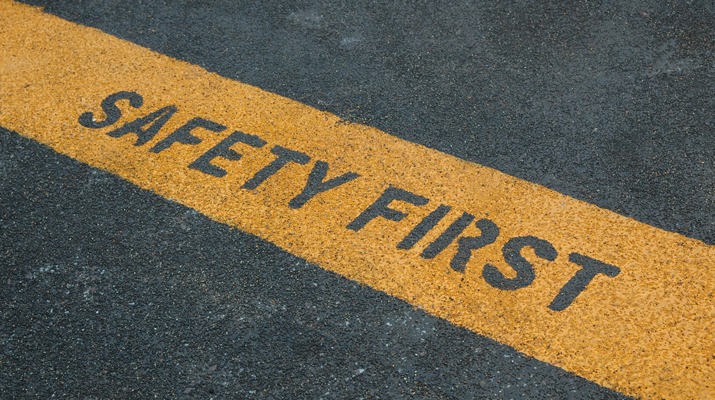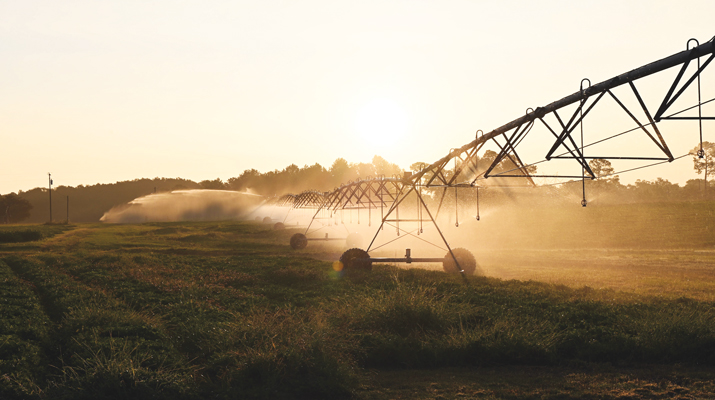Court dismisses lawsuit against marketer based on Missouri statute
In the case of Wilmes v. Consumer’s Oil Inc. in Nodaway County, Mo., the trial judge dismissed the plaintiff’s case prior to trial, in part because of Missouri’s immunity statute.
The statute was created to protect propane companies when a consumer modifies a propane system and fails to notify the servicing marketer.
Fifteen states have adopted various versions of immunity statutes, but this might be the first of these statutes cited by a trial judge in a decision dismissing a tort claim against a propane marketer.
In 2008, Thomas Wilmes, the plaintiff, built a pole barn on his property to house his various machines to make furniture. Wilmes set the tank, ran all of the gas lines and hung a new infrared heater from the rafters of the new barn.
Between the summer and November 2008, Wilmes says, he tried to light the heater at least three times with no success. Wilmes thought he was out of fuel, so he called to have it delivered that November.
A driver delivered 400 gallons of fuel on Nov. 9, and he testified that he conducted a leak check as the system was out of gas. He did not document the test; Wilmes claimed the driver did not conduct a leak check.
The tank valve was left on after the delivery driver left. Wilmes then attempted to light the heater again. He says it still did not burn correctly, so he turned the tank valve off.
One week later, Wilmes turned the tank valve on and attempted to light the heater without luck. This time, he left the tank valve on. He says he attempted to light it again two days later, but he claims an explosion occurred almost instantly.
Wilmes didn’t file the lawsuit until 2011. By that point, the site had been cleaned up and all artifacts were thrown away when we were given this case. The 500-gallon tank and a small piece of broken piping were all that remained.
The plaintiff sustained substantial second- and third-degree burns, with close to $3 million in medical bills claimed.
The essence of the plaintiff’s claims was that the gas company failed to conduct a leak check when it delivered to an out-of-gas situation and that numerous code violations prevented the gas company from filling the tank.
Although the site was destroyed, we could determine that the tank was slightly closer than 10 feet from the barn, the data plate was not legible, the tank sat on combustible supports and the system had an attached, wet leg – all code violations.
The plaintiff’s codes expert agreed that none of the code violations was in any way causative of the accident. The plaintiff’s codes expert also agreed that on Nov. 16, when Wilmes turned the tank back on, he was required by code to conduct a leak check of the system. He did not do this.
The plaintiff’s claim was that a leak existed on Nov. 9 when the delivery driver filled the tank, and it should have been discovered. So, the defense position was that a leak check by Wilmes on Nov. 16 would have discovered a leak, if one existed.
The court granted the defense motion to dismiss the case on several bases. The court decided the destruction of the evidence by the plaintiff prevented him from doing anything more than speculate. The court also determined Wilmes had a duty to conduct a leak check of the system on Nov. 16. Had a leak check been performed, no accident would have occurred because any leak in the system would have been discovered.
Finally, the court determined that Wilmes violated Missouri’s immunity statute because turning off the tank constituted a modification of the system that required him to notify the gas company. He did not do so.
The essence of this statute seems to be that when a modification, repair or alteration of a gas system occurs, one must notify a gas company so it can conduct a leak check as a first step. Wilmes did not notify the gas company of his modification as required, so the gas company is entitled to the immunity.
John V. McCoy is with McCoy Leavitt Laskey LLC, and his firm represents industry members nationally. He can be reached at jmccoy@MLLlaw.com or 262-522-7007.
















